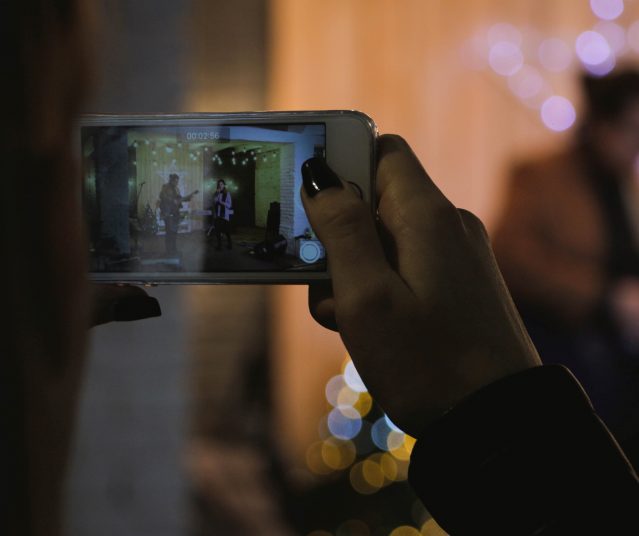
At Streeton Lawyers, we sometimes see cases where individuals record another person in order to prove that a certain conversation occurred. In the media, there are occasions when we see videos of police being recorded at an event or in the midst of riot. But when is it legal to actually record someone?
In NSW, the Surveillance Devices Act 2007 states that it is an offence to install, use or maintain a listening device to:
A listening device is anything capable of being used to record or listen to a conversation with the exception of hearing aids and similar devices.
A conversation is considered private if the conversation occurs in circumstances which reasonably indicate that any of the parties in the conversation want the words to only be heard by themselves. This does not include circumstances where the parties could reasonably expect that the conversation to be overheard by someone else. For example, two people speaking very loudly on a crowded bus may reasonably expect the person seated next to them will overhear them – meaning the conversation would no longer be private.
If, however, two people are having a conversation in the confines of their own home, without anyone else present, they may reasonably expect that conversation to be private. If one of them were to record the conversation without the other’s knowledge, this would be an offence that could lead to a fine of $11, 000 or 5-years imprisonment or both.
The same rules would apply to conversations with a police officer. In circumstances when a police officer is not engaged in a private conversation they may be recorded. However, individuals should be particularly cautious here. If the police officer gives you a direction, it is always advisable to follow that direction. Failing to do so, could lead to further charges.
Photo by John-Mark Smith